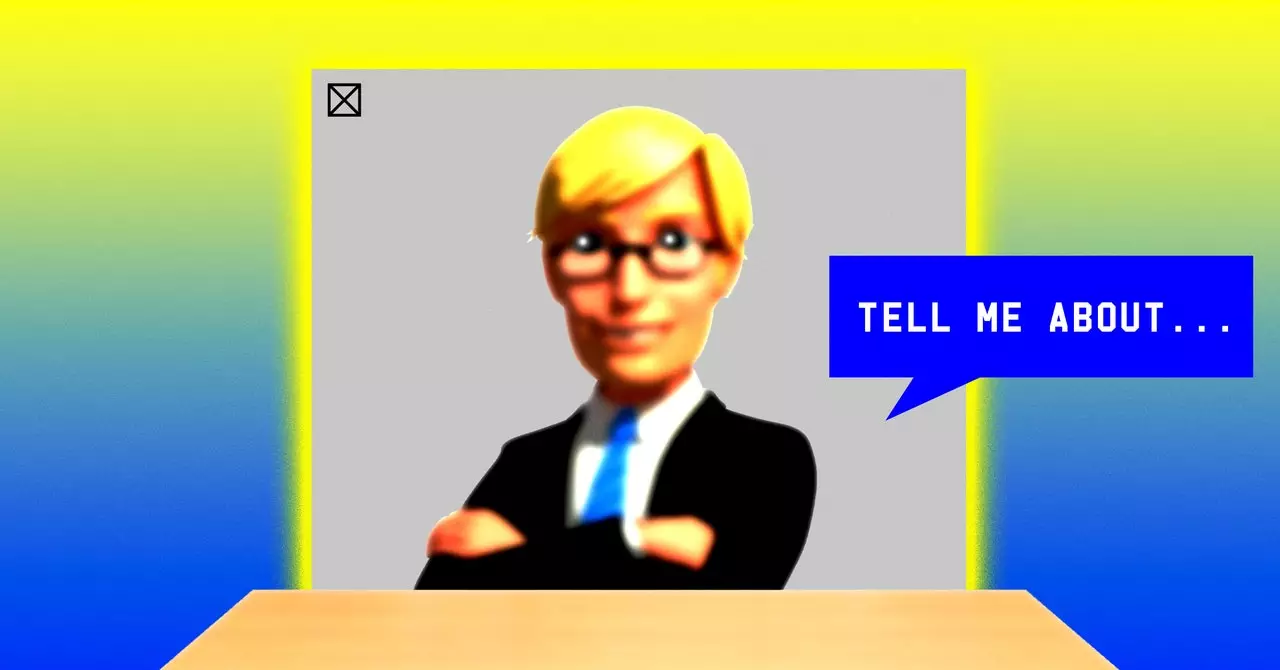The use of asynchronous video interviews and AI tools in the hiring process has increased significantly in recent years. Companies like micro1 are utilizing AI systems to screen and hire engineers, with some companies screening up to 30,000 candidates a month. As the number of job applicants continues to rise due to layoffs and easy bulk application methods, recruiters are turning to AI to manage the screening process efficiently.
While AI tools aim to make the hiring process less biased, concerns about inherent biases in AI systems remain. Zahira Jaser, an associate professor, emphasizes that biases in AI tools are likely to be systematic and could perpetuate past discriminatory hiring practices. Recruiters are cautious about relying solely on AI tools for decision-making and prefer to interpret the results themselves. The goal is to create a more objective evaluation process while still incorporating human judgment.
The shift towards AI-driven hiring processes presents challenges for job seekers. Recording video responses without human interaction can feel unnatural and awkward, leading to concerns about effectively conveying one’s qualifications and personality to an AI interviewer. Candidates may struggle to navigate the opaque biases embedded in AI algorithms, complicating the process of presenting themselves authentically and effectively.
The Future of AI in Interviews
Despite the concerns and challenges associated with AI in hiring, some believe in its potential to revolutionize the recruitment process. Ali Ansari suggests a future where job seekers interact with AI-driven avatars during interviews, streamlining and optimizing the initial screening process. AI has the capacity to facilitate better matches between candidates and companies, enhancing the overall efficiency and effectiveness of the recruitment process.
The integration of AI tools in the hiring process has both benefits and drawbacks. While AI offers the potential for increased objectivity and efficiency, concerns about biases and challenges for candidates remain significant. The future of AI in interviews holds promise for transforming recruitment practices, but it is essential to address and mitigate potential biases to ensure a fair and inclusive hiring process. As technology continues to evolve, striking a balance between AI-driven solutions and human judgment will be crucial in shaping the future of recruitment practices.


Leave a Reply